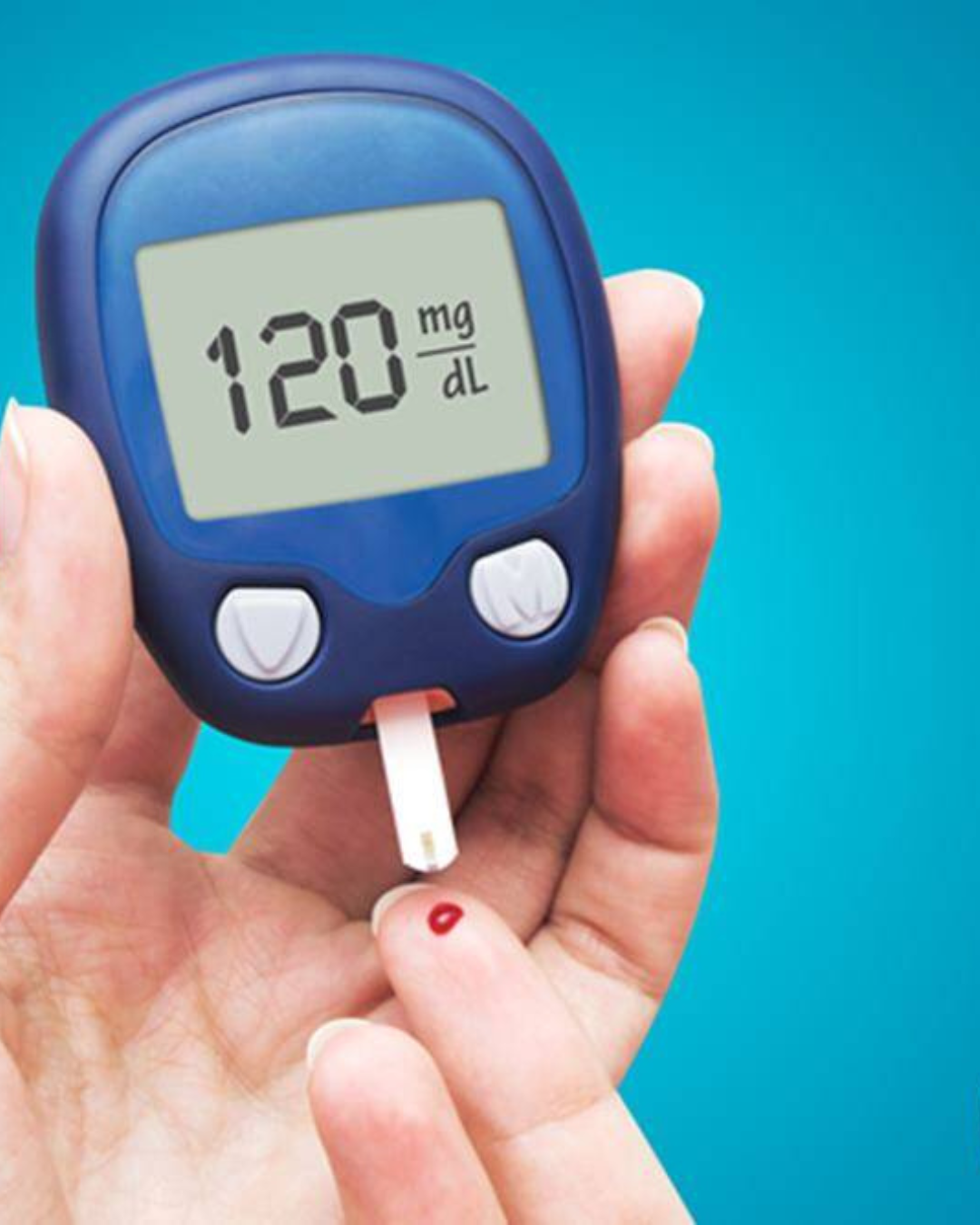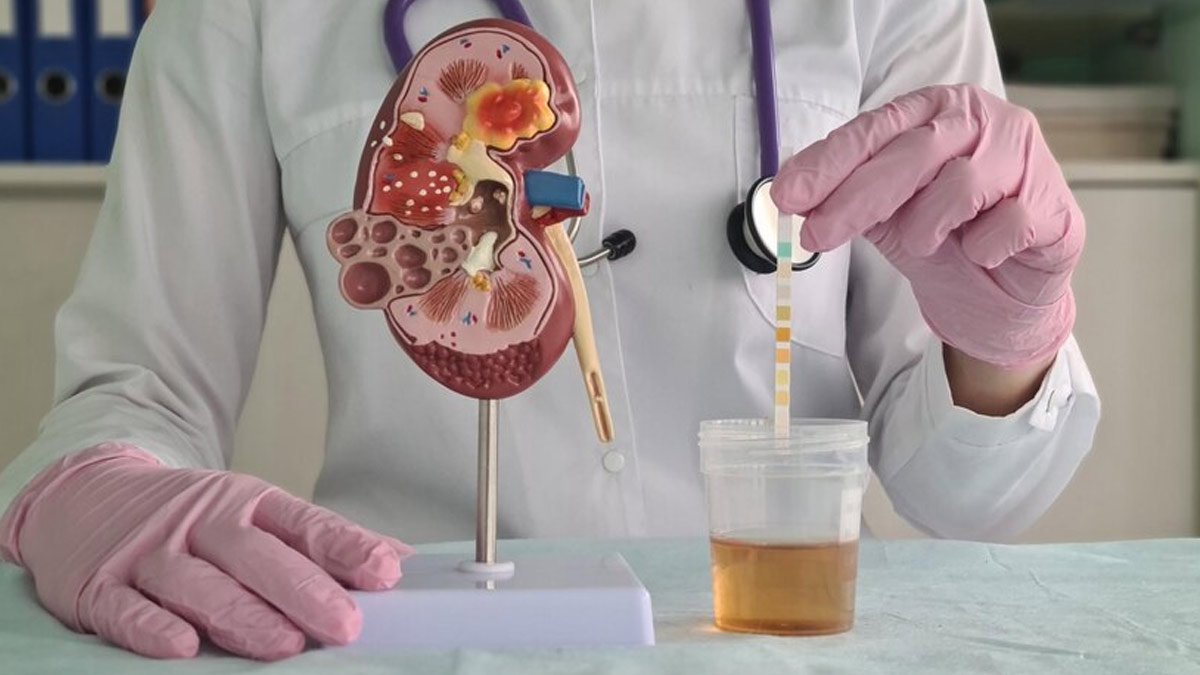Feeling tired all the time? Suddenly thirstier than usual? Or maybe a routine check-up showed your blood sugar is high? If you’re wondering what to do next—this blog is for you.
High blood sugar (also called hyperglycemia) isn’t something to ignore. Whether it’s a one-time spike or a consistent rise, getting the right tests done can help you catch diabetes early or manage it better.
Here’s a simple guide to the most important tests recommended if your sugar levels are high.
1. Fasting Blood Sugar (FBS)
When is it done?
First thing in the morning, before breakfast (after 8-10 hours of fasting).
Why it matters:
It checks your base sugar level.
- Normal: Below 100 mg/dL
- Prediabetes: 100–125 mg/dL
- Diabetes: 126 mg/dL or higher
Tip: Avoid even tea/coffee before this test for accurate results.
2. Postprandial Blood Sugar (PPBS)
When is it done?
Exactly 2 hours after your main meal (usually lunch).
Why it matters:
It tells how your body handles sugar after eating.
- Normal: Below 140 mg/dL
- Diabetes: 200 mg/dL or higher
Tip: It’s important to eat a regular meal—don’t skip or change your usual diet before this test.
3. HbA1c (Glycated Hemoglobin)
This is a must-do test if diabetes is suspected.
Why it’s important:
It shows your average blood sugar for the last 2–3 months.
- Normal: Below 5.7%
- Prediabetes: 5.7% – 6.4%
- Diabetes: 6.5% or above
SEO keyword tip: This test is also called the 3-month sugar test or HbA1c diabetes test.
4. Kidney Function Tests (KFT)
High blood sugar can slowly damage your kidneys. It’s important to check:
- Creatinine
- Urea
- eGFR
- Urine Microalbumin – for early signs of kidney stress.
5. Lipid Profile
Many people with high sugar also have high cholesterol or triglycerides. This test checks:
- Total cholesterol
- LDL (“bad” cholesterol)
- HDL (“good” cholesterol)
- Triglycerides
Why it matters: Diabetes increases your risk of heart disease—this test helps manage that risk early.
6. Eye Examination (Retina Screening)
Yes, high sugar affects your eyes too.
A simple eye test (often done annually) can catch diabetic retinopathy—a condition that can lead to vision loss if untreated.
7. Foot Exam
Why?
Diabetes can damage the nerves and reduce blood flow in your feet. This test checks for:
- Numbness
- Poor circulation
- Risk of infection
Tip: Always check your feet for cuts, dryness, or color changes if you’re diabetic.
Optional Tests (Based on Your Doctor’s Advice)
- Thyroid Function Test – Thyroid issues are common in diabetics.
- Vitamin B12 & D3 – Especially if you’re on long-term medication like metformin.
- C-Peptide or Insulin Levels – To understand how much insulin your body is still producing.
Don’t Ignore the Numbers
Having high blood sugar once doesn’t always mean you have diabetes—but it’s a warning sign. The good news? With the right tests, you can catch it early, and take control before it becomes serious.
✅ Always consult a qualified doctor before or after these tests.
✅ Regular screening, lifestyle changes, and early treatment can go a long way.





